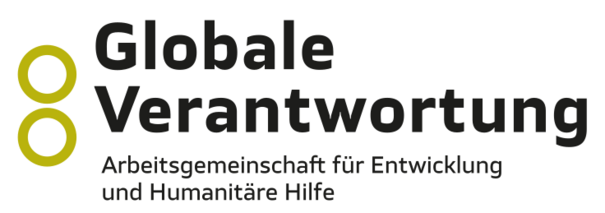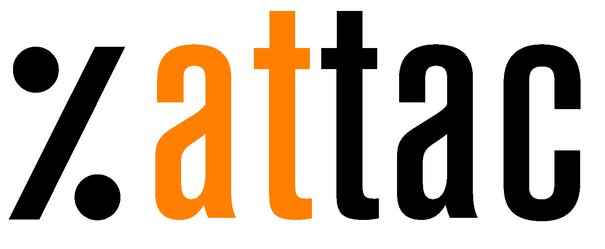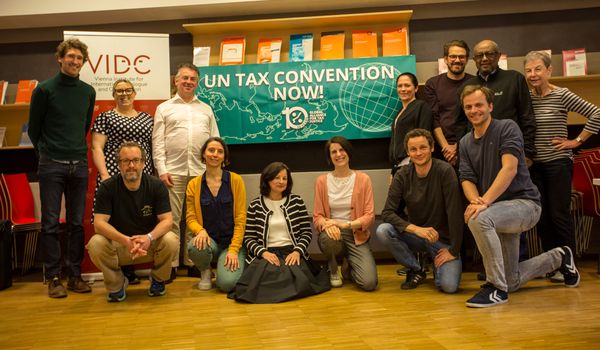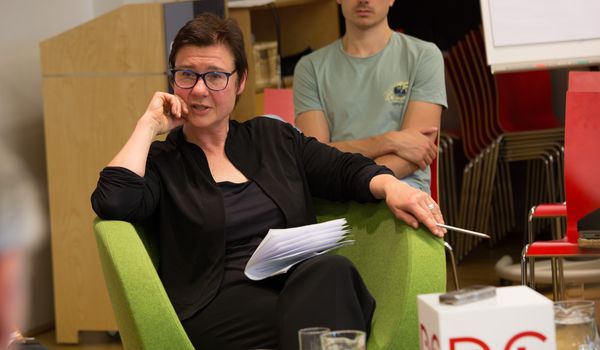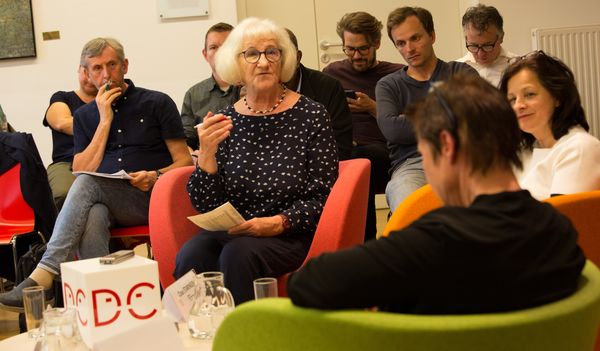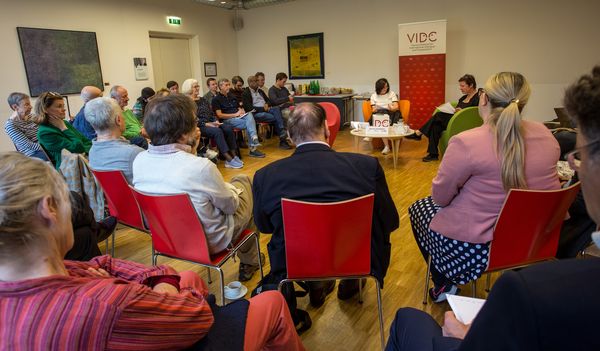This public event was organized on the occasion of the Vienna meeting of Tax Justice Europe (TJ-E), a network of more than 80 European civil society organizations dedicated to tax justice and one of the regional hubs of the Global Alliance for Tax Justice. Founded in 2014, TJ-E is an active network discussing and developing proposals and responses to ongoing tax policy developments in Europe and globally. TJ-E advocates for fair and transparent domestic tax systems at national levels and strives for a global tax regime that fosters international cooperation and prevents tax evasion. The network has a particular focus on the impact of European tax policies on countries of the Global South.
The Vienna meeting of TJ-E explored several key themes shaping the global tax landscape. Updates and discussions revolved around OECD/G20 tax processes, UN tax negotiations for a new UN Tax Convention, and progressive taxation (with a focus on wealth and excess profit taxes as well as environmental taxation). Tax transparency was also discussed, highlighting public country-by-country reporting (pCBCR) as well as beneficial ownership registers in the EU.
The "Tax Justice?!" panel featured two distinguished Austrian tax experts: Margit Schratzenstaller, a Senior Economist at WIFO (Austrian Institute of Economic Research), and Claus Staringer, a full professor and vice head of the WU Institute of Austrian and International Tax Law. Martina Neuwirth (VIDC) moderated the discussion.
Taxes & Environment: Price harmful activities but holistic approach is needed as well
Margit Schratzenstaller shared her reflections on the potential contribution of tax systems to a fair transformation towards socio-ecological sustainability. She emphasized the need for transformative tax systems to appropriately price environmentally harmful activities while incentivizing green initiatives and avoiding privileges (“tax expenditures”) for detrimental activities. She proposed a moderate taxation of labor income, taking into account gender dynamics, e.g., a disproportionate burden on women due to care work. Options for utilizing revenues from environmental taxes could include a) funding additional expenses for green transitions, b) implementing transformative tax shifts, or c) providing lump sum transfers to taxpayers, as practiced in Austria. Mrs. Schratzenstaller highlighted that policy choices strongly depend on country-specific tax structures, expenditures, and debt levels. She therefore advocated for a tailored approach.
From a tax justice perspective, challenges of environmental taxation were acknowledged, such as its (almost always) regressive nature. However, Margit Schratzenstaller argued that this should not be considered an argument against environmental taxation per se, but rather a characteristic that should, in the short run, be mitigated by other features in the tax system design, such as providing lump sum payments to low-wage earners. In the longer run, however, lower-income groups should rather be enabled to switch to more sustainable consumption patterns. Expanding affordable universal social services and ensuring equitable access to childcare, affordable public transportation, etc., is also crucial. Mrs. Schratzenstaller also raised the question of whether higher-income groups should contribute more to environmental improvement, considering that they typically consume more resources and are responsible for higher emissions while, at the same time, they are less exposed to adverse climate change impacts.
In the Austrian context, Margit Schratzenstaller mentioned a recent WIFO study on redistribution in Austria from 2005 to 2019 that revealed that the Austrian tax system is overall progressive, but that there are sustainability gaps, like a heavy reliance on labour taxation and provisions perpetuating gender disparities in care labour. She also noted the low Austrian carbon price and that there is insufficient coverage by environmental taxes of activities beyond emissions, like waste, electric vehicles, or land use. The low tax revenue contribution of wealth-based taxes, like inheritance and property taxes, was also noted, being neither aligned with environmental nor tax justice goals.
In the following discussion, alternatives to carbon taxation, like resource taxes or higher VAT rates for environmentally damaging behaviour, were explored. The EU Carbon Border Adjustment Mechanism (CBAM) was mentioned critically and the trade-offs of a global carbon price were discussed. As a transformative tax system cannot be separated from a transformative budget, Austria’s green and gender-responsive budgeting and the difficulties of implementation were discussed. Mrs. Schratzenstaller emphasized that the focus of environmental taxation should be much broader, targeting both production and consumption. Not everything could be done by carbon taxation, and even a global carbon price would have to be accompanied by a global compensation mechanism for poorer countries. She concluded by hinting at the necessity of a holistic approach, as the tax system alone cannot fix all environmental problems.
Global Minimum Tax: a complex system with questionable revenue results for most countries
Moving from the domestic level discussion to international considerations, Claus Staringer provided insights into the OECD’s Global Minimum Tax (GMT) and its implications for international tax governance. The GMT was endorsed by over 135 member jurisdictions of the OECD/G20 Inclusive Framework on Base Erosion and Profit Shifting in October 2021.
Mr. Staringer explained that the GMT establishes a minimum tax rate of at least 15% on the standardised corporate profits of major multinational companies (MNCs), defined as international entities with an annual turnover exceeding 750 million euros. The concept works technically in a highly complicated way, leading to concerns expressed by multinational companies regarding their compliance burden. According to the rules, affected (or “in-scope”) MNCs have to pay a minimum of 15% corporate income tax on their profits. If their profits are taxed below that threshold, because a country is a tax haven or investors are to be attracted, then this country can apply a top-up tax on those profits to reach the 15%. All tax incentives are therefore caught by the GMT. If the country declines to apply the top-up tax, the home countries of these MNCs can tax those undertaxed profits. According to Mr. Staringer, the overall aim of the GMT was to set a floor to tax competition and make the system waterproof so that MNCs’ profits are taxed at a minimum, no matter where.
The rules were modelled on the platform of the OECD and the so-called Inclusive Framework (with a membership beyond OECD countries). Today, the GMT is adopted by some frontrunners, first and foremost the EU. Outside Europe, the picture is rather mixed. With regards to the US, Mr. Staringer anticipated that the GMT would become a topic of greater consideration only after the 2024 presidential elections.
Claus Staringer noted that criticism has been directed at the Inclusive Framework process for lacking inclusiveness, which he partly attributed to the OECD’s consensual decision-making process. The design of the GMT might be complex, but its intention was to close loopholes and make it waterproof. However, mixed feelings might have led to the UN process for a new Tax Convention. Currently, the content of this framework convention is under negotiation. Some parties want the GMT to be part of it, but it is unclear what this could mean. Such a framework convention might be easier to adopt because majority voting is possible in the UN. However, countries will have to ratify it so that it becomes legally binding. As tax is a new area for the UN, it is too early to know what to expect from such a convention.
The discussion highlighted that the mechanism might lead to far lower effective tax rates than 15%. It was argued that also European high-tax countries could profit from the UN process, as their revenue expectations from the GMT are quite low, too. Compliance costs might outweigh the benefits. It remains to be seen where the extra revenues of the GMT will go. At the moment, low-tax countries seem to benefit most from the current design of the GMT. Its efficacy in combating tax havens and creating a more equitable tax revenue distribution between Global South and North countries was therefore questioned. According to Mr. Staringer, this is due to the fact that the GMT does not look outside its own system. Tax competition might therefore shift to another level in the future.

